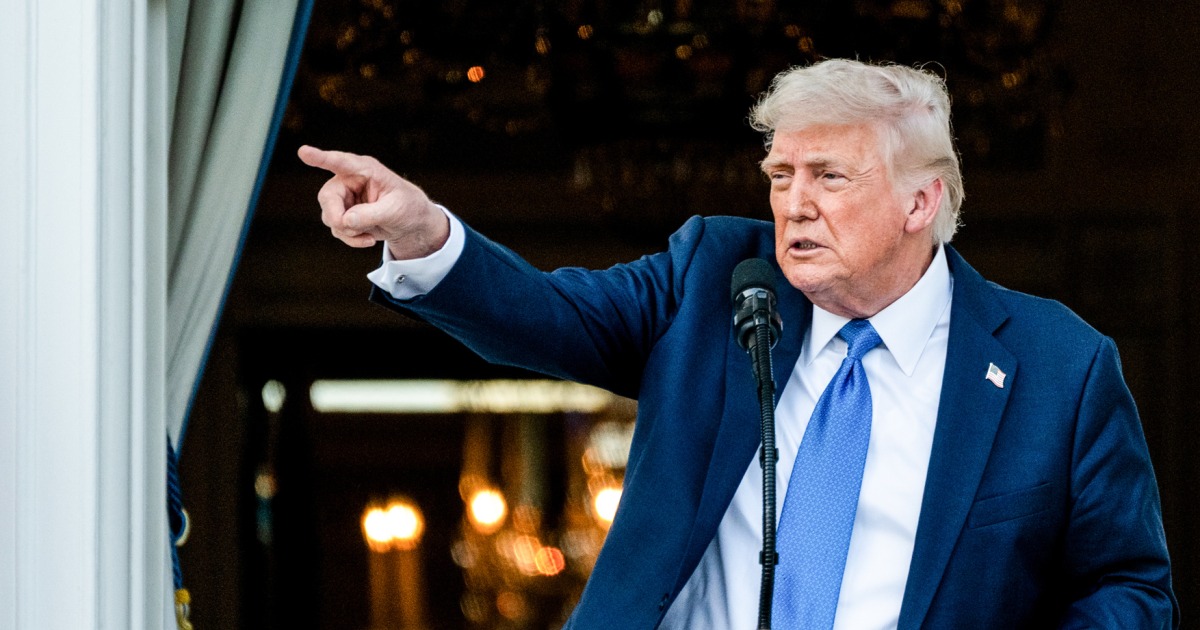Sources: 

The Supreme Court on Friday cleared the Trump administration's Department of Government Efficiency (DOGE) to access Social Security Administration data, overturning a federal judge's injunction. This decision grants DOGE access to personal data on millions of Americans, sparking significant privacy concerns.
The Trump administration argues that DOGE requires this data to fulfill its mission of identifying and eliminating waste within the federal government. However, the move has been met with strong opposition from labor unions and retirees, who filed a lawsuit through Democracy Forward to block the access.
Justice Ketanji Brown Jackson voiced serious concerns, stating the court's ruling creates
"grave privacy risks" by allowing
"unfettered data access to DOGE regardless — despite its failure to demonstrate any need or interest in adhering to existing privacy safeguards." She emphasized the uncertainty over whether federal law even permits such access.
The Supreme Court's conservative majority granted the Trump administration's emergency application to lift the injunction issued by a Maryland federal judge, with the three liberal justices dissenting.
"The court’s action creates grave privacy risks for millions of Americans," Justice Jackson warned.
This ruling raises critical questions about balancing government efficiency efforts with protecting sensitive personal information, as millions of Americans' Social Security data becomes accessible to a government department with limited demonstrated oversight.
The controversy highlights ongoing tensions between privacy advocates and government efforts to streamline operations, with the Supreme Court's decision marking a significant victory for the Trump administration but a potential setback for privacy protections.
Sources: 

The Supreme Court granted the Trump administration's Department of Government Efficiency (DOGE) access to Social Security data, overriding a federal judge's injunction. Justice Ketanji Brown Jackson warned of "grave privacy risks" for millions, as unions and retirees had challenged the move citing privacy concerns.



